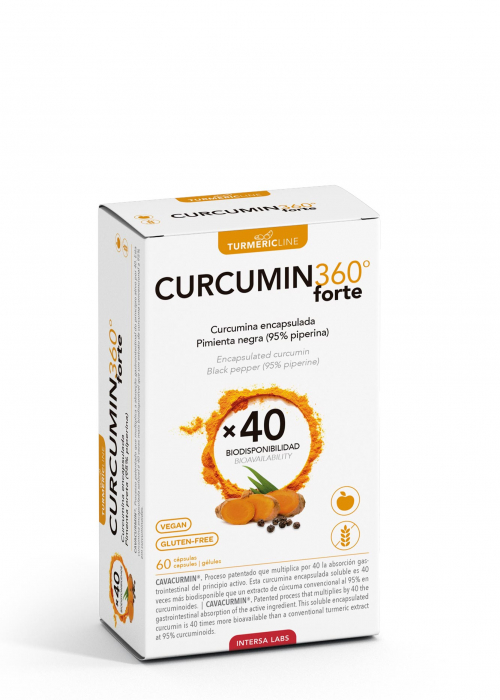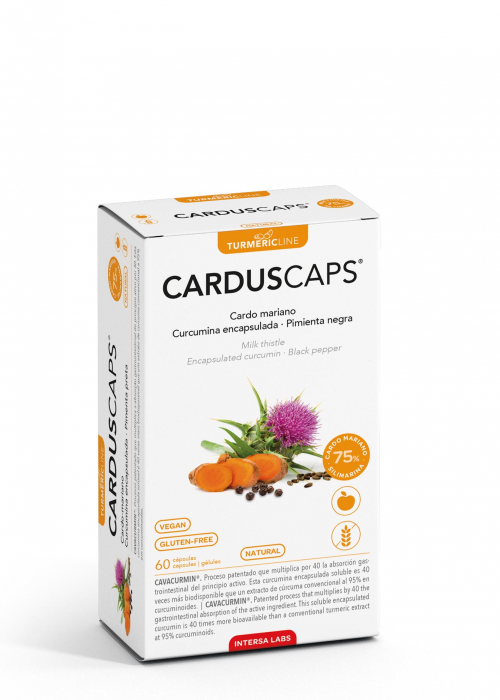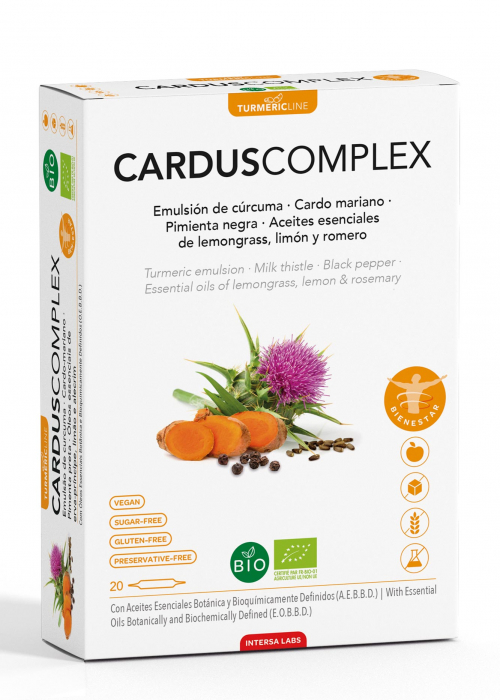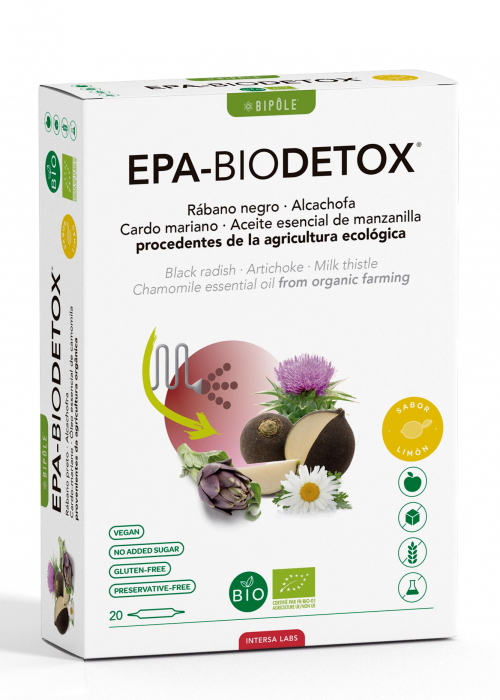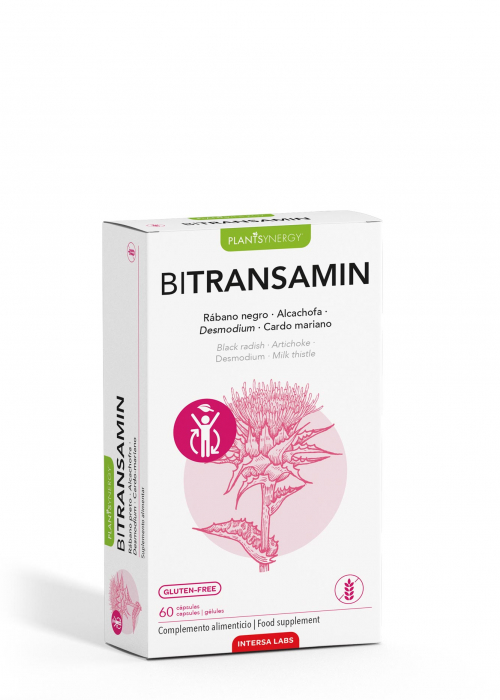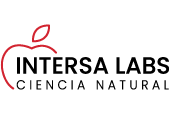You are here
-
Curcumin, active ingredient
Turmeric (Curcuma longa), the main spice in the Indian dish curry, is argued by many to be the most powerful herb on the planet at fighting and potentially reversing disease. Turmeric benefits are incredibly vast and very thoroughly researched. Currently, there are over 12,500 peer-reviewed articles published proving turmeric benefits, especially one of its renowned healing compounds, curcumin. Curcumin is the active ingredient in turmeric responsible for so many of its benefits. This puts turmeric on top of the list as one of the most frequently mentioned medicinal herbs in all of science. It has a long history of use, particularly in Ayurvedic medicine.
-
Benefits and bioavailability
Turmeric, a spice that has long been recognized for its medicinal properties, has received interest from both the medical/scientific world and from culinary enthusiasts, as it is the major source of the polyphenol curcumin. It aids in the management of oxidative and inflammatory conditions, metabolic syndrome, arthritis, anxiety, and hyperlipidemia. It may also help in the management of exercise-induced inflammation and muscle soreness, thus enhancing recovery and performance in active people. In addition, a relatively low dose of the complex can provide health benefits for people that do not have diagnosed health conditions.
Most of these benefits can be attributed to its antioxidant and anti-inflammatory effects. Ingesting curcumin by itself does not lead to the associated health benefits due to its poor bioavailability, which appears to be primarily due to poor absorption, rapid metabolism, and rapid elimination. There are several components that can increase bioavailability. For example, piperine is the major active component of black pepper and, when combined in a complex with curcumin, has been shown to increase bioavailability by 2000%. Curcumin combined with enhancing agents provides multiple health benefits.

Global Action

Well-being



